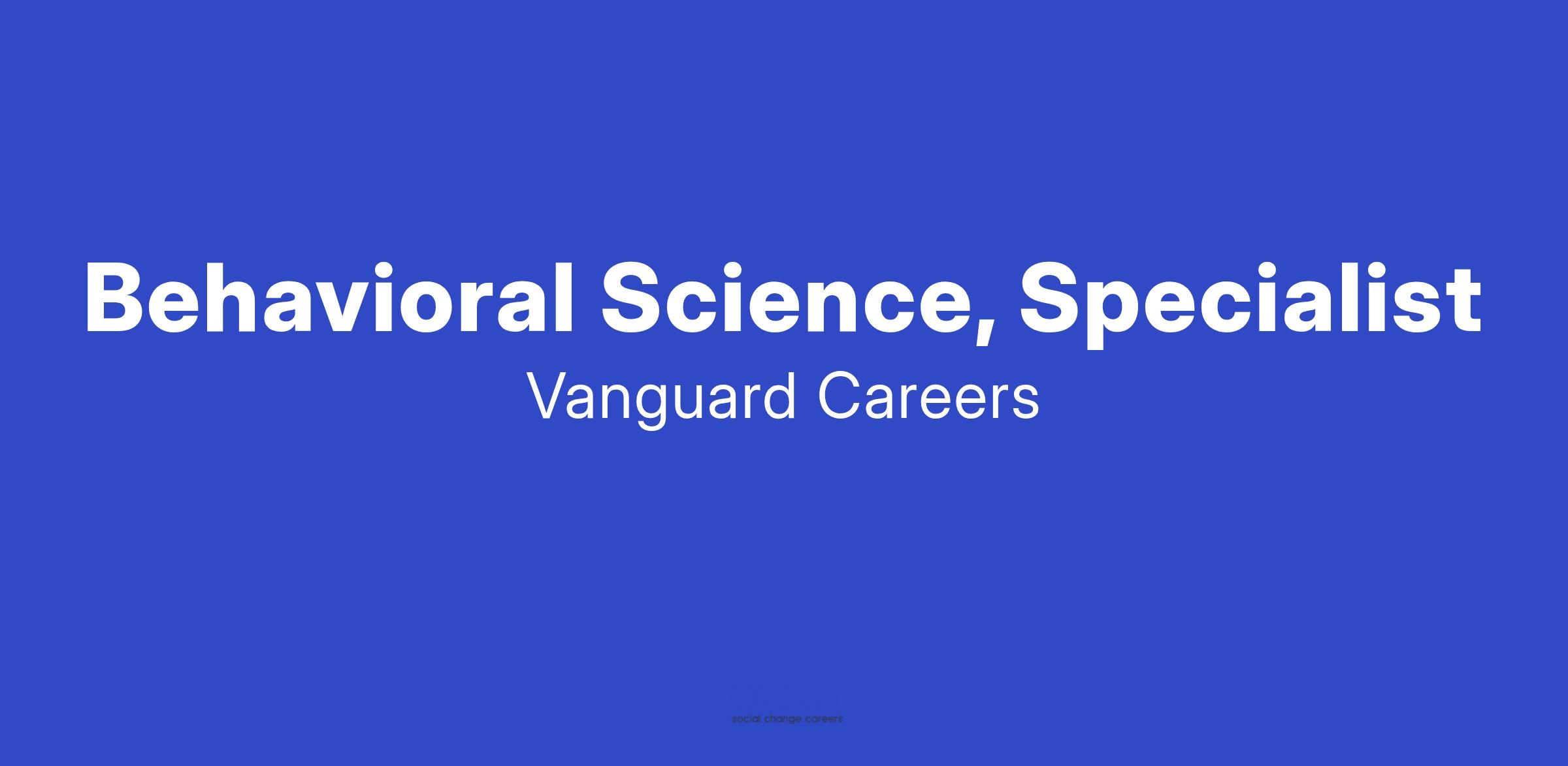Typing is a thing of the past.
Typeless turns your raw, unfiltered voice into beautifully polished writing - in real time.
It works like magic, feels like cheating, and allows your thoughts to flow more freely than ever before.
Your voice is your strength. Typeless turns it into a superpower.
Happy Sunday. It is another week full of lots of AI for Impact News and we will likely be sending out a newsletter every day this week. This will help our community find the world’s best human curated jobs, funding, upskilling, stay informed and have real insights on the good, bad and ethical challenges of leveraging AI for impact.
AI and Communication: Are We Getting Better or Worse at Connecting?
A brutally honest look at how artificial intelligence is rewiring the way we talk, listen, and understand each other. This post was developed with lots of human prompting, editing and tons of work by Perplexity Labs.
The Mind-Blowing Moment That Changed Everything
Picture this: You walk into a bustling café in Madrid, unable to speak Spanish, but your AI-powered headphones seamlessly translate multiple conversations happening around you – each voice cloned and coming from the right direction, as if everyone suddenly started speaking your language.
I'm not describing some distant sci-fi fantasy. This is happening right now, thanks to groundbreaking research from the University of Washington on Spatial Speech Translation featured in MIT Technology Review. When I first read about this, I literally stopped scrolling and stared at my phone. We're living in the future, folks.
Are these incredible tools making us better communicators, or are we slowly losing the art of genuine human connection?
The Tools Revolution: When Your Voice Becomes Your Superpower
The Speed-of-Thought Communication Era
Let's be real – typing is so 2020. The communication tools hitting the market right now are absolutely wild. Whisperflow is achieving real-time transcription with sub-second latency. I'm talking about speaking and seeing your words appear faster than you can think them.
Then there's Typeless (today's newsletter sponsor, and honestly, they're onto something big here). They're promising to make typing completely obsolete by turning your natural speech into polished text instantly. No more hunt-and-pecking. No more carpal tunnel. Just pure, unfiltered thought-to-text magic.
The Content Creation Game-Changer
Wiz.write takes this even further, and this is where things get really interesting. You ramble into your phone during your morning coffee, and boom – ready-to-publish content with custom AI actions. I’ve been playing around with this tool for a while .
We're witnessing a communication renaissance where speaking becomes faster than typing, and language barriers dissolve like morning mist. What happens to our communication skills when AI does all the heavy lifting?
The Meeting Bot Takeover: Are We Performing for Robots?
When Every Zoom Call Has an Invisible Audience
I'll admit it – I have trust issues with meeting bots now. These digital assistants join every Zoom call, transcribe every word, and generate perfect summaries. Tools like Otter.ai, Fireflies.ai, and dozens of other AI meeting assistants promise to free us from note-taking drudgery.
But here's what nobody talks about: they're changing how we interact in meetings. And not necessarily for the better. And also they raise tons of privacy issues.
The Performative Communication Problem
Research from Hong Kong universities dropped a bombshell: when people know an AI is listening, they communicate differently. More formally. Less spontaneously. With an eye toward impressing the invisible human reviewer they assume is behind the bot.
Think about your last recorded meeting. Did you speak differently knowing it was being transcribed? I know I did. We're becoming performers in our own meetings, and that's... weird.
The study found something even more unsettling: students using AI meeting assistants reported higher expected grades but perceived their instructors as less enthusiastic and engaging. Are we trading authenticity for efficiency?
The Dark Side: Drowning in AI Slop
The Content Quality Crisis Nobody Wants to Talk About
Let's address the elephant in the room. The internet is drowning in what experts are calling "AI slop" – low-quality, machine-generated content that looks legitimate but feels hollow.
Marketing experts report that AI slop sites have exploded, creating what researchers describe as "digital clutter" that prioritizes "speed and quantity over substance and quality." Studies show we're literally drowning in content that looks professional but lacks soul.
The Authenticity Test
Here's my litmus test: when I read something now, I find myself asking, "Did a human actually think this, or did an AI just rearrange existing ideas?" When everything sounds like it was written by the same AI, how do we distinguish genuine insight from algorithmic regurgitation?
The Bright Side: Breaking Down Barriers Like Never Before
The Great Communication Equalizer
But let's not throw the baby out with the bathwater. The same MIT Technology Review research on spatial speech translation shows AI's incredible potential to break down communication barriers.
Imagine this: international business meetings where language differences simply vanish. Medical consultations where patients and doctors can communicate naturally regardless of their native tongues. That's not just cool – that's life-changing.
Democratizing Communication for Everyone
AI voice translation technology is becoming the great equalizer:
Voice synthesis helps those who can't speak
Real-time transcription assists the hearing impaired
Predictive text supports those with motor difficulties
Language translation breaks down cultural barriers
Could AI be the tool that finally makes communication truly universal? I'm starting to think it might be.
The Human Cost: What We're Losing in Translation
The Emotional Intelligence Recession
Here's where things get uncomfortable. The more sophisticated our AI communication tools become, the more we seem to be losing touch with the messy, imperfect, deeply human aspects of connection.
Research on AI's social impact reveals something troubling: employees who became dependent on AI during remote work struggled with face-to-face interactions when returning to offices.
The Uncanny Valley of Conversation
We're becoming fluent in AI-mediated communication while growing rusty in the ancient art of:
Reading facial expressions
Picking up on subtle emotional cues
Navigating the beautiful chaos of unscripted human conversation
Understanding what's not being said
Studies reveal that the communication style of chatbots is already influencing how consumers expect to interact with humans. We're literally being trained to communicate like machines.
The Great Communication Paradox
More Connected, Yet More Alone
Here's the brutal truth: we're living through a communication paradox that nobody wants to acknowledge.
We have more ways to connect than ever before, yet loneliness rates are skyrocketing. We can translate languages instantly with tools like Google's Speech-to-Text, but struggle with empathy translation. We can transcribe every word perfectly using advanced AI meeting tools, but miss the meaning between the lines.
The Illusion of Understanding
Researchers studying AI-assisted communication warn about something they call "the illusion of empathy" – how AI chatbots shape conversation patterns in ways that feel engaging but lack genuine emotional connection.
It's like having a conversation with someone who's technically saying all the right words but isn't really there. You know that feeling, right?
The Choice: Enhancement or Replacement?
Finding the Sweet Spot
The question isn't whether AI will continue to transform how we communicate – it will. The real question is whether we'll maintain our capacity for the kind of deep, messy, wonderfully human connections that no algorithm can replicate.
Will we use AI as a tool to enhance our humanity, or will we let it replace the very skills that make us human?
The Future We're Building
The next generation of conversational AI promises to be more natural and empathetic, but the choice of how we integrate these tools into our lives remains ours.
As we stand at this crossroads, perhaps the answer lies not in choosing between human and artificial communication, but in finding the sweet spot where technology amplifies our capacity for genuine connection rather than replacing it.
The Bottom Line: It's Still Our Choice
The future of communication isn't about AI versus humans – it's about AI and humans, working together to build bridges across languages, abilities, and differences while preserving the irreplaceable magic of authentic human connection.
But here's what keeps me hopeful: every morning, I still choose to call my mom instead of sending a text. I still prefer coffee meetings over email chains. I still believe that the best conversations happen when two humans are fully present with each other.
The technology is incredible. The possibilities are endless. But the choice of how human we remain in an AI-powered world?
Share your feedback on the AI for Impact Newsletter
AI for Impact Opportunities
Meet your new assistant (who happens to be AI).
Skej is your new scheduling assistant. Whether it’s a coffee intro, a client check-in, or a last-minute reschedule, Skej is on it. Just CC Skej on your emails, and it takes care of everything:
Customize your assistant name, email, and personality
Easily manages time zones and locales
Works with Google, Outlook, Zoom, Slack, and Teams
Skej works 24/7 in over 100 languages
No apps to download or new tools to learn. You talk to Skej just like a real assistant, and Skej just… works! It’s like having a super-organized co-worker with you all day.
News & Resources
😄 Joke of the Day
Why did the AI refuse to go hiking?
It didn’t want to overfit to the trail.
🤖 AI Fact of the Day
The world’s most advanced AI models now process trillions of parameters—more than the estimated number of synapses in a frog’s brain—yet still can’t reliably fold a fitted sheet.
🌍 News
The Rise (and Hype) of Smart Glasses – While tech blogs buzz with speculation, privacy experts caution that wearable AI devices could normalize constant surveillance if not regulated.
GPT-5 Arrives – MIT Technology Review explores GPT-5’s improved reasoning, tool integration, and multimodal abilities, while warning about misinformation risks and increased compute demands.
AI in Community News – A recent Substack analysis shows how small, local newsrooms are experimenting with AI to handle routine tasks, freeing journalists to focus on investigative reporting, but raises concerns about editorial oversight.
🔗 LinkedIn Connection
Baratunde Thurston – Author, activist, and host passionate about using technology and storytelling to drive social change. His work blends humor, civic engagement, and a strong focus on ethical tech.










